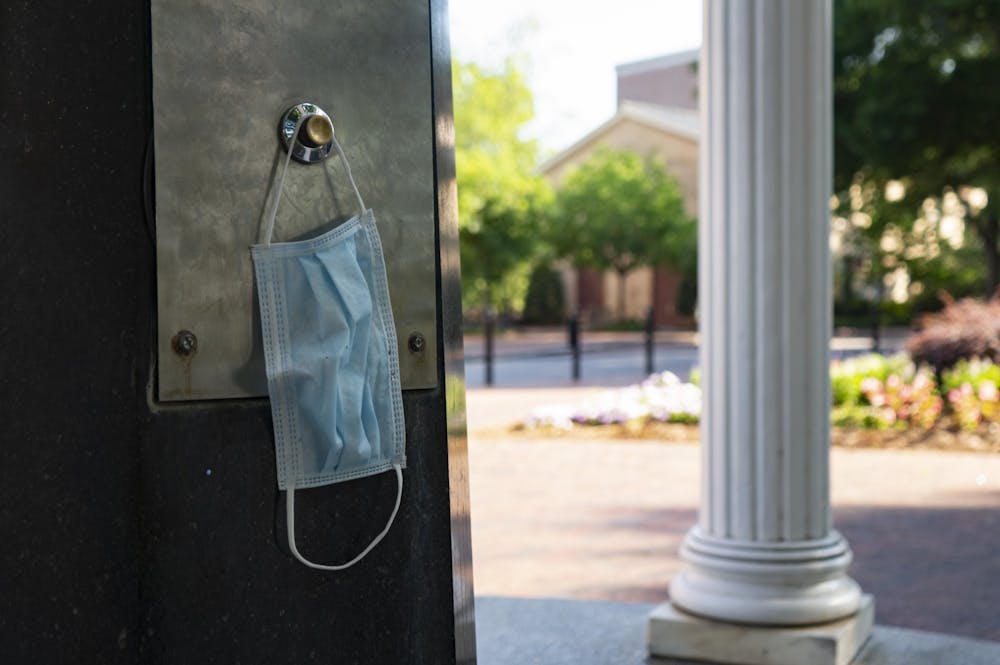Chancellor Kevin Guskiewicz and Provost Bob Blouin announced in an email Friday several updates for the spring semester — including five modes of academic instruction, single-occupancy on-campus housing and mandatory COVID-19 testing.
Spring semester courses will fall under one of five modes of instruction. There are two in-person modes and three remote modes. The majority of classes with 35 or more students will be taught remotely, the message said, but a limited number of courses with up to 50 students can be taught in person “based on the needs of the course.”
The previous spring update was on Oct. 8, when the University announced changes to the spring semester calendar, including a delayed start date of Jan. 19. While the revised calendar will not include a spring break, it will include five built-in "wellness days," the dates of which are still to be determined. (Hopefully, they'll be enough to mitigate the stress of what's sure to be another draining semester.)
Learning from one’s mistakes first requires taking responsibility for them — which the administration has not yet done. Though the decision to reduce housing occupancy and require COVID-19 testing is definitely an improvement from the ill-fated fall roadmap, it’s hard to justify the need for in-person classes during a pandemic that shows no signs of slowing down, at least not for the foreseeable future.
No one wants another semester of remote learning, of feeling disconnected from our peers and our lives on campus. We want to be there to see the flowers by the Old Well start to bloom when winter fades. We want to spend sunny afternoons sunbathing on Polk Place with our friends, and hear the Bell Tower chime as we walk from one class to the next.
But we don’t really have a choice, and it’s time to stop pretending that we do. Rather than trying to achieve the impossible, the administration should spend the next few months finding ways to radically improve the online learning experience, so students aren’t left hanging (again) when things inevitably go awry.
Now, with less than a month left in the fall semester, we’re left with more questions than answers.
How will the University enforce violations of its community standards? Will the administration do anything to hold Greek organizations accountable? Will the emergency grading accommodation be expanded again? Will we last longer than a week this time?
And, most importantly: has the University once again failed to honor the wishes of its students? Members of the Campus and Community Advisory Committee have advocated relentlessly to keep students centered in the spring planning process. But the administration has made it clear that, ultimately, they are the ones who make the decisions, and we worry that the only interests they truly care about are their own.




